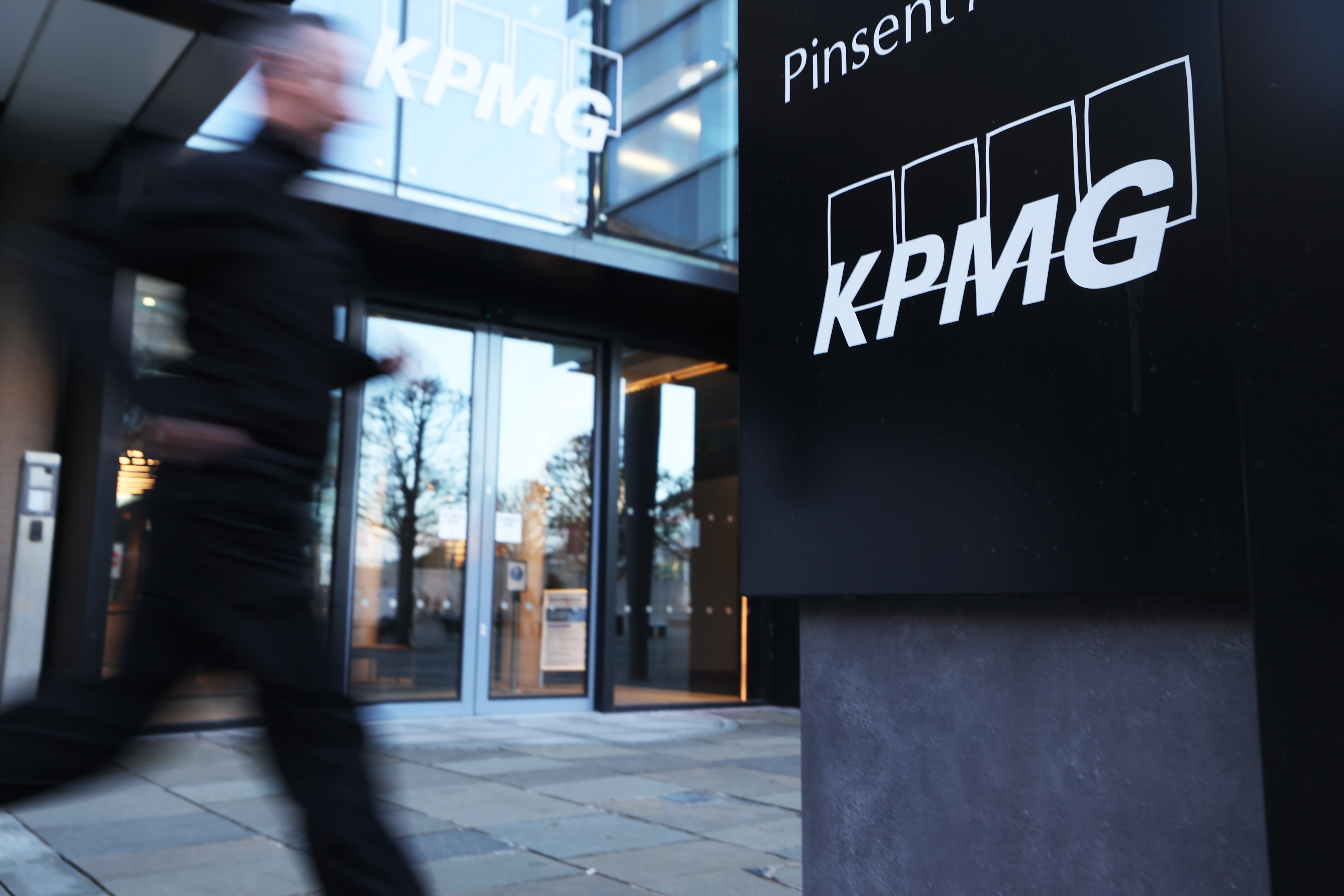UK at ‘significant risk’ of heading into recession, report warns
KPMG predicts Britain’s growth is expected to more than halve to 3.2% this year, from 7.4% the previous year.

The UK is at “significant risk” of heading into a recession due to the mounting cost-of-living crisis and the Ukraine conflict, a new report has warned.
The latest UK economic outlook from KPMG predicts that growth will more than halve to 3.2% this year from 7.4% in 2021, before tumbling to 0.7% in 2023.
Global growth is being hampered by the ongoing Ukraine war and lockdowns in China, which have affected commodity prices and restricted supply, while in the UK the knock-on effect on prices is set to see a sharp drop in household and business spending.
But Yael Selfin, chief economist at KPMG UK, said “weakening domestic momentum” could put the UK at “significant risk of a mild recession”.
We expect growing external headwinds and weakening domestic momentum to see economic growth slow significantly over the next year, with a significant risk of a mild recession.
She said: “We expect growing external headwinds and weakening domestic momentum to see economic growth slow significantly over the next year, with a significant risk of a mild recession.”
In its “downside scenario”, KPMG predicts that the UK would see a recession – as defined by gross domestic product (GDP) falling in two or more successive quarters – with output dropping by 1.5% in the year between 2022 quarter three and 2023 quarter three.
It said in this scenario, UK output would fall by 1.1% in 2023, following 3% growth in 2022.
KPMG cautioned the UK faces a number of economic headwinds, including a possible recession in the US caused by aggressive interest rate rises by the Federal Reserve as well as a potential Eurozone recession due to problems with gas supplies amid ongoing tension with Russia, which would both add to falling consumer spending by cash-strapped British households.
But the report stressed that the UK recession forecast in this scenario would be far less severe than in previous downturns.
One of the worst recessions in the UK – the Great Recession – saw a near 6% fall in GDP in the five quarters following quarter one of 2008.
Household incomes have already come under significant pressure due to the cost of living crisis, with inflation now running at 9.1%.
Household incomes are expected to fall by 0.8% in real terms this year and 0.5% the following year, according to KPMG.
It said this will see consumer spending take a knock, predicting it will drop from 6.2% in 2021 to 3.9% in 2022 and 0.9% in 2023.
Ms Selfin said that in its recession scenario, manufacturing and financial services could face the biggest hit over coming years, with manufacturing potentially falling by 2.8% in 2024 and output in the financial services tumbling by 2.5% in 2024.
KPMG is forecasting two more rates rises in the UK as the Bank of England battles to rein in inflation.
The Bank has already raised interest rates to 1.25% to try and curb increasing prices.
However, rates could reach 1.75% by the end of the year, KPMG said.
Ms Selfin added: “The Monetary Policy Committee will have to weigh the risk of high inflation spilling into pay growth against the risk of a recession.
“Facing such a trade-off, we think it is likely that the doves on the Committee could swing the balance towards a more gradual uplift than is currently priced in by the markets.”
Bookmark popover
Removed from bookmarks